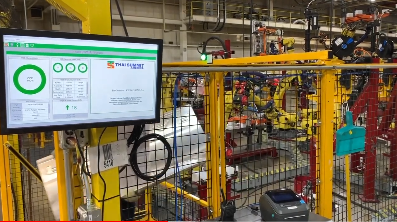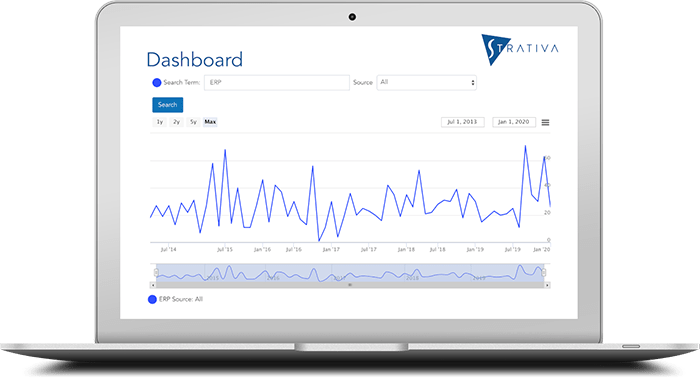
Cloud has become the preferred deployment option for most categories of enterprise systems. But conventional wisdom is that some systems that require low latency and a high degree of system availability, such as warehouse management systems (WMS) or manufacturing execution systems (MES), are best deployed on-premises.
The argument is that response time over the Internet is never as fast as over a local area network and that such systems cannot tolerate any level of unscheduled downtime inherent in using a cloud application.
Nevertheless, cloud systems are invading even this category of software. Although still in the minority, there are some vendors providing such low-latency applications as a cloud service.
One example is Plex Systems. And, interestingly, it is not a new example. For many years, Plex has offered its manufacturing execution system as a cloud service. Kors Engineering, a 20-year partner of Plex, has been an integral part of that solution, with its Mach2 product providing the integration between Plex’s cloud-based MES and the customer’s factory equipment, such as programmable logic controllers (PLCs), barcode equipment, scales, and gauges. It can be used to automate the recording of key metrics, such as production cycles, part variances, downtime, scrap, inventory counts, and machine status, freeing operators from having to key in such data. Finally, it can present these metrics on configurable dashboards to machine operators and managers in real time.
We have been briefed by Kors in the past and have admired what it is doing. We have also participated in several plant tours of Plex customers, most of which had implemented the Plex-Kors solution. But the question often came to mind, why does Plex need a partner to provide this connectivity directly? Now, the question has been answered with a Plex announcement that it is acquiring Kors Engineering.
Kors currently has about 100 customers, nearly all of them running Plex’s MES. So, while the deal does not add to Plex’s customer base, it does allow Plex to present a single face to the market.
Prior to the announcement, Plex executives reached out to offer us a pre-briefing. In reviewing the solution once again, several interesting angles came to mind.
- Options for connectivity. For customers who can tolerate an occasional network disruption, or who have redundant network connectivity, the system can be configured with factory equipment as a direct connection to Plex. For those who want a little more insurance against network disruption, Kors can establish a local server that buffers transactions, allowing work to continue when connectivity is disrupted.
- Speed in implementation. How long does it take for a customer to go live? The Kors team insists that the first few machines can be connected in a few days. In many cases, the client can then take over the project to finish connecting the remaining equipment. This fits well with the whole philosophy of a true software-as-a-service (SaaS) provider, where the focus is on the software as a service, not on using software as an excuse to bill excessive implementation-services fees. This allows SaaS providers to scale more effectively.
- Flexibility in deployment sequence. Plex has done a good job in disaggregating its MES functionality from its ERP system, allowing MES to be deployed before ERP, or vice-versa. Likewise, machine connectivity can be deployed before, during, or after the ERP implementation, allowing customers to accelerate deployment of those features that deliver faster time-to-benefit.
- User-friendly licensing. Plex’s ERP licensing is based on business volume, not user counts. So, clients can add more users without paying more. This encourages greater adoption and use of the system. Likewise, the MES solution is licensed at the plant level, with unlimited machines. This encourages clients to connect as many machines as possible, without worrying about exceeding license terms.
Although Plex is one of the few enterprise vendors deploying low-latency applications, like MES, in the cloud, it is not the only one. Israel-based Priority Software also has a cloud-based MES, as well as a WMS in the cloud. 42Q is another such vendor, with a cloud-based MES, serving manufacturers of printed circuit boards. As the number of such solutions increases, it will become more and more difficult to claim that such systems are inappropriate for cloud deployment.
Want to see the solution in action? Here is a short video with Plex/Kors customer Thai Summit.
Analysis by Frank Scavo, President Avasant Research.

